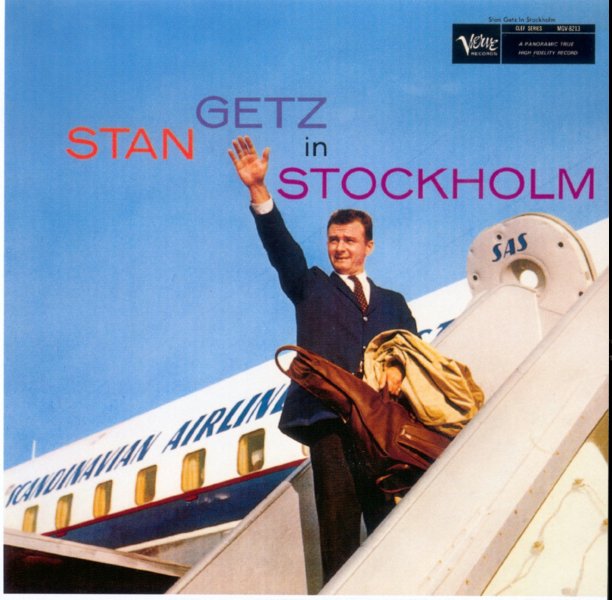I would go as far as to say streaming is not yet a high end product. Yes, undoubtedly, there are expensive streamers, stretching into the six figures. But that doesn’t make streaming high end. The problem is that you have the rest of the zillions of components to worry about that you cannot possibly control. When you stream via Roon/Qobuz, the bits are coming to you from a cloud server many (hundreds or thousands) of miles away. It’s a miracle of modern science that this works at all, thanks largely to many smart engineers and scientists (like Claude Shannon, who invented much of the science that modern digital technology relies on, and of course, many computer scientists, software developers etc. who made the web possible, including one of my former academic colleagues who invented the principle of overlay networks in his PhD thesis at Princeton without which streaming would be impossible).
What you can control in streaming is the proverbial ”last mile”, or make that, the ”last few feet”! Yes, you can optimize that to your hearts content, invest heavily in fancy Ethernet cabling, switches, linear power supplies for your sever, and all the nitty gritty of fanless PCs that the likes of Taiko, Wadax etc. have done. All of this is wonderful, of course, and a real work of passion. But, let’s face it, you cannot control the server side. It’s like streaming movies via Netflix. Sure, you can invest in a fancy projector, the best HDMI cables money can buy, a very fancy AV sound system etc. But you cannot control what algorithms Netflix or Hulu or Amazon Prime or Apple TV uses to stream the bits to you. That‘s out of your control.
True high end streaming will arrive when you can really control the quality of streaming on the server side better. That’s not economical yet. Roon exists as a mass market product. They have to cater to the many rather than the few. Spotify is still the most profitable and widely subscribed streaming service (watch the Netflix series “The PlayList” for an absolutely fabulous account of how Spotify came about, and streaming was invented, largely due to the genius of one crazy dude, Daniel Ek).
I love the convenience of streaming and would be lost without it. It has let me enjoy much new music that is being recorded today, and I have enjoyed listening to many high res recordings of obscure classical composers. But, for me at least, it is not yet a high end product, no matter how much money you throw at the streamer. That‘s not the problem, that’s just the last few feet. You have the hundreds or thousands of miles to contend with.
Let me make an analogy. A few years ago, hedge funds discovered microtrading, where algorithms that make trades every few milliseconds on the stock market could benefit from absolutely whittling down the tiny millisecond delays that occur in mass market networks. So, they invested hundreds of millions of dollars laying down optical fiber from their trading floors down to the stock exchange, and chasing down each and every connection in the chain till they were absolutely sure they had the lowest possible latency. Hugely expensive. But when you are trading in the trillions of dollars, every little nanosecond you save could pay for itself in faster trades. It’s a dog eat dog world in the hedge fund world.
Want true high end streaming? That’s what it might take. High speed optical fiber technology from Qobuz servers down to your listening room, with the absolutely lowest latency, and you work on optimizing every last bit of the chain. That’s not practical now, but perhaps one day, there will be a large enough market for true high end streaming. Of course, you still have to live with the limitations of PCM technology. To me, the true high end digital format has yet to be invented (I speak as a 40+ year geeky computer scientist!). You have to really focus on what‘s important for human hearing, not what’s technologically or algorithmically feasible to implement with today’s hardware. Chasing higher bit rates or bit depths might be entirely the wrong thing to do, as it’s not clear to me that is the limiting factor.











